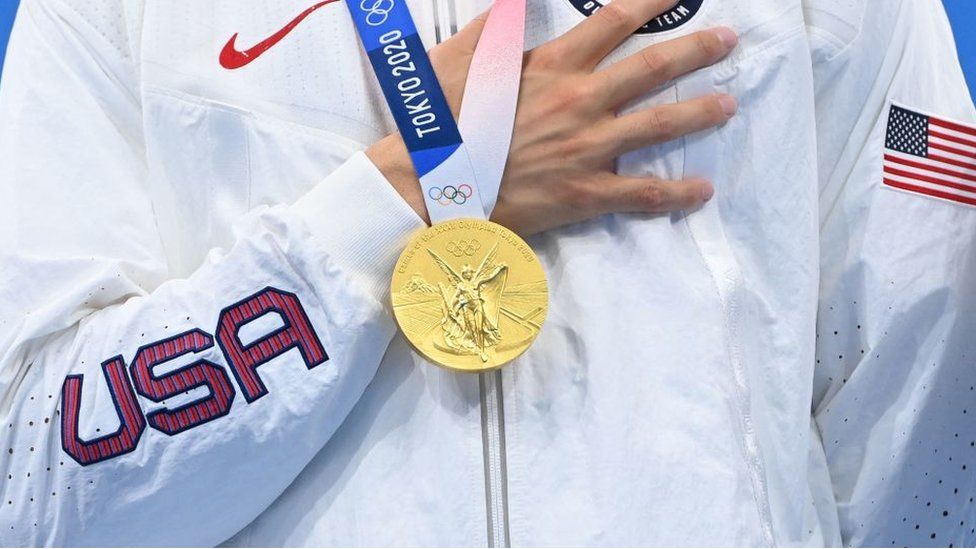Vancouver Canucks winger Dakota Joshua is set to make his season debut Thursday after missing time for cancer treatment.
Head coach Rick Tocchet says Joshua will slot into the lineup Thursday when Vancouver (8-3-3) hosts the New York Islanders.
The 28-year-old from Dearborn, Mich., was diagnosed with testicular cancer this summer and underwent surgery in early September.
He spoke earlier this month about his recovery, saying it had been “very hard to go through” and that he was thankful for support from his friends, family, teammates and fans.
“That was a scary time but I am very thankful and just happy to be in this position still and be able to go out there and play,,” Joshua said following Thursday’s morning skate.
The cancer diagnosis followed a career season where Joshua contributed 18 goals and 14 assists across 63 regular-season games, then added four goals and four assists in the playoffs.
Now, he’s ready to focus on contributing again.
“I expect to be good, I don’t expect a grace period. I’ve been putting the work in so I expect to come out there and make an impact as soon as possible,” he said.
“I don’t know if it’s going to be perfect right from the get-go, but it’s about putting your best foot forward and working your way to a point of perfection.”
The six-foot-three, 206-pound Joshua signed a four-year, US$13-million contract extension at the end of June.
This report by The Canadian Press was first published Nov. 14, 2024.
